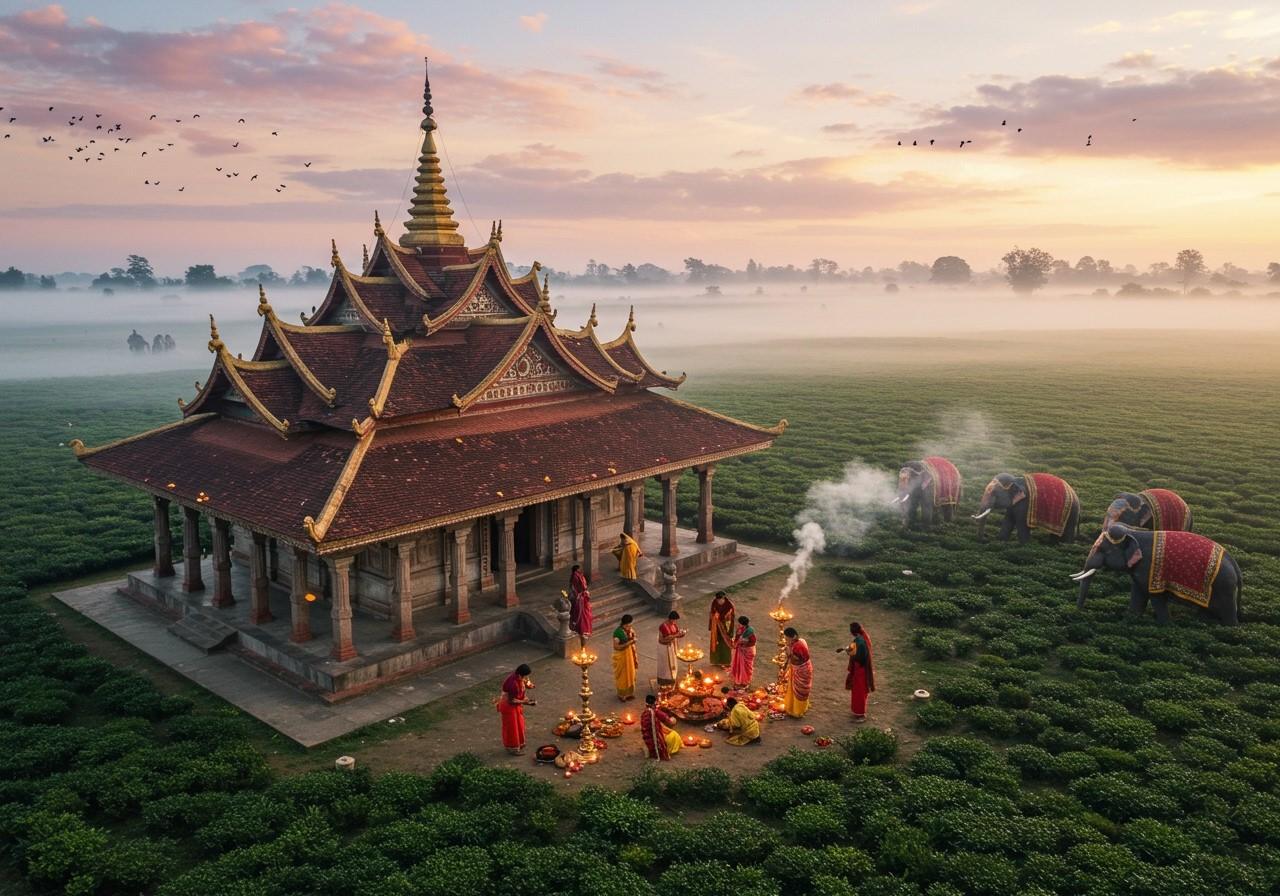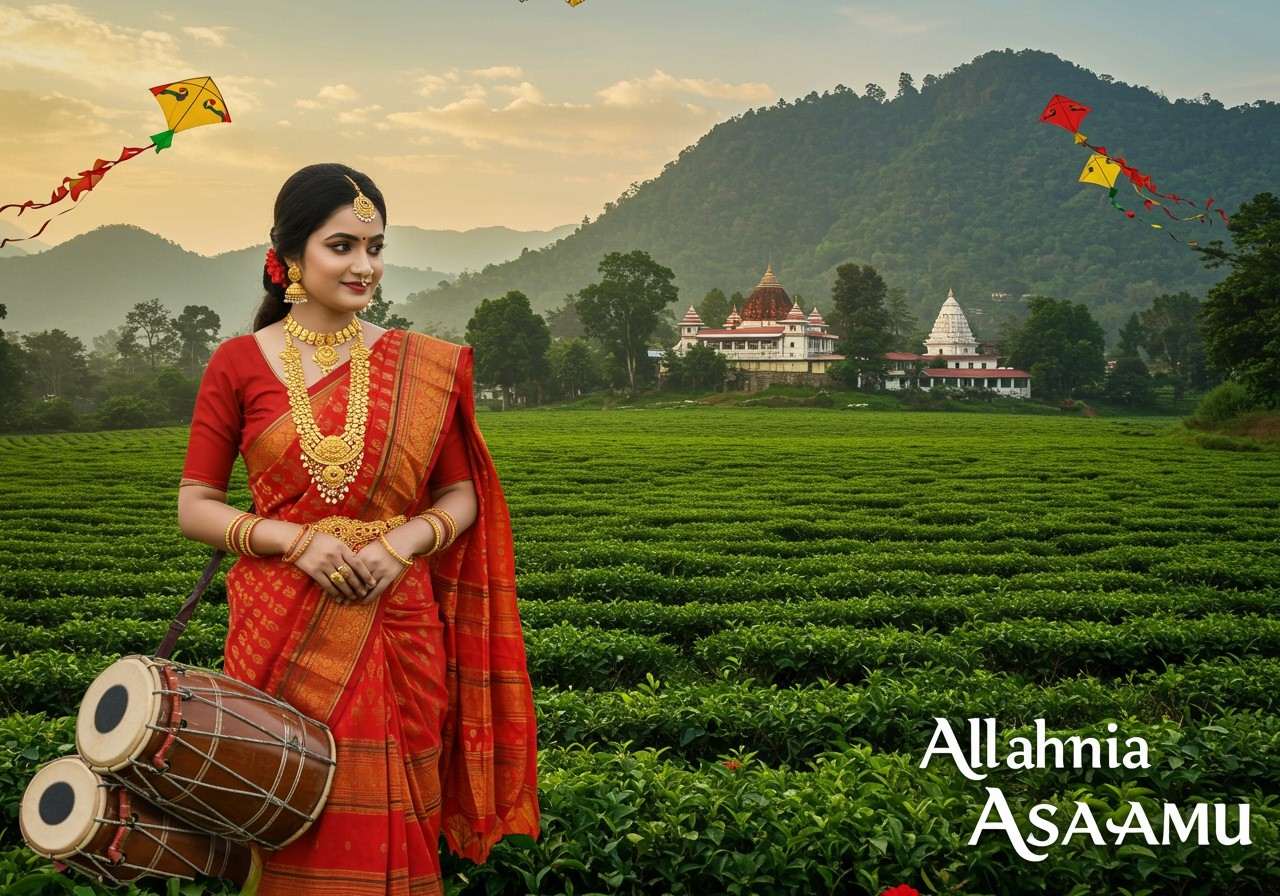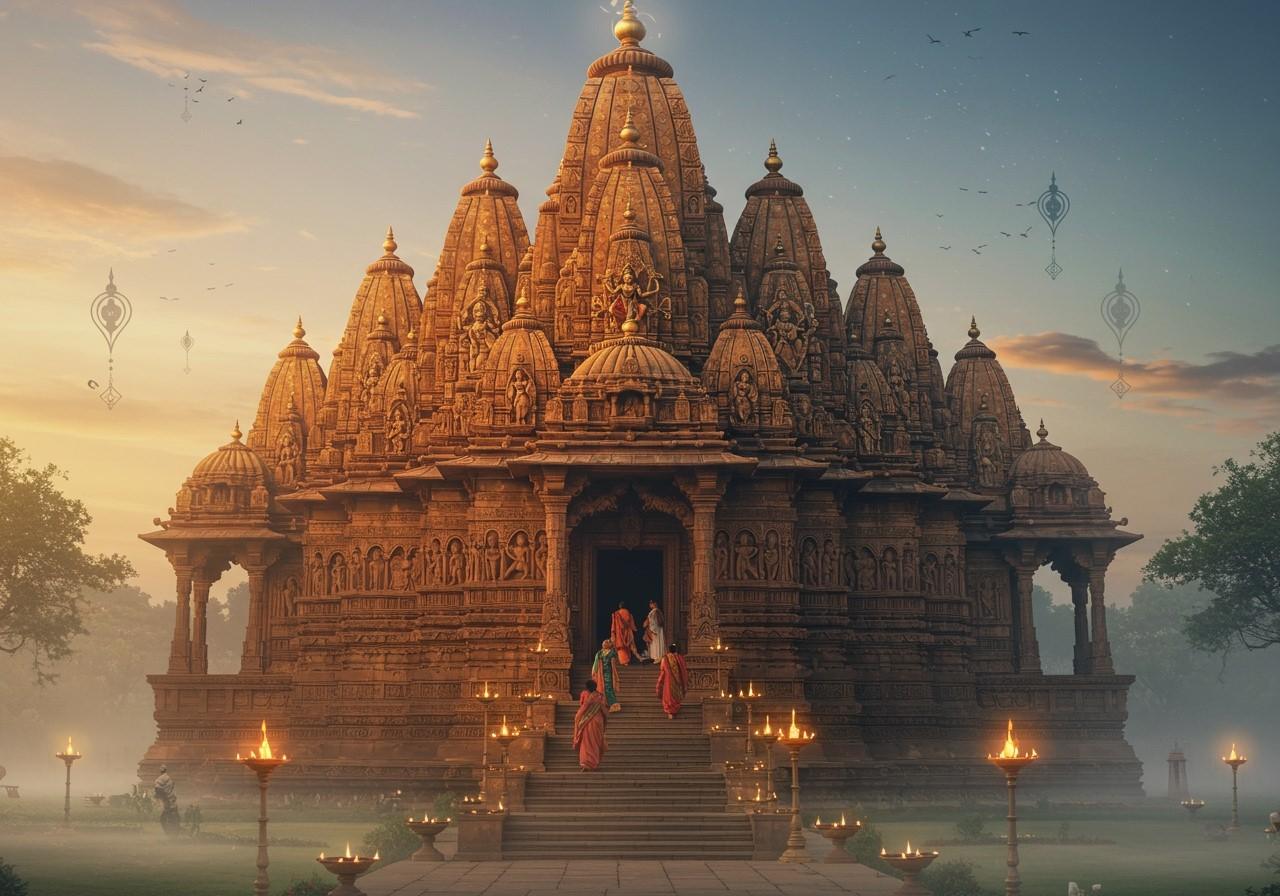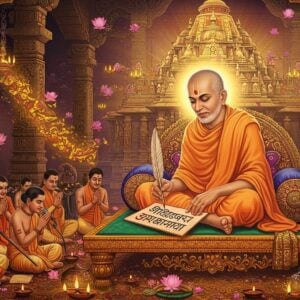

Welcome, everyone! Today, let’s take a heartfelt journey to the lush green valleys of Northeast India, to a land where culture isn’t just a part of life, it is life. We’re talking about Assam, a place where every festival, every piece of cloth, and every melody tells a story. The culture of Assam is a beautiful tapestry, woven with threads from Aryan, Indo-Burmese, and Mongolian influences, creating a unique identity that is both ancient and ever-evolving.
For those of us who hold our traditions dear, understanding Assam’s heritage is like discovering a hidden gem of our own country. It’s a culture filled with warmth, respect, and a deep connection to nature and spirituality. So, come, let’s explore the customs and traditions that make Assam so special.
The Heartbeat of Assam: Festivals That Bring Everyone Together
In Assam, festivals are the rhythm of life, marking the seasons and bringing communities together with unmatched enthusiasm. The most important of these is, of course, Bihu. It’s not just one festival but a set of three, celebrating the agricultural cycle that sustains the land.
- Rongali Bihu (or Bohag Bihu): Celebrated in mid-April, this is the Assamese New Year! It’s a time of immense joy, welcoming spring with open arms. You’ll see young men and women, dressed in their finest traditional attire, performing the energetic Bihu dance. The air is filled with the sounds of the dhol and pepa, and homes are filled with the aroma of delicious pithas (rice cakes).
- Kongali Bihu (or Kati Bihu): This is a more sombre festival in October. It’s a time for reflection and prayer, when farmers light earthen lamps (saki) in their paddy fields, praying for a good harvest and protection from pests. It teaches us about hope and resilience even during difficult times.
- Magh Bihu (or Bhogali Bihu): Come January, after the harvest is gathered, it’s time for feasting! Magh Bihu is all about community meals, bonfires (Meji), and celebrating the fruits of one’s labour. It’s a beautiful display of gratitude and togetherness.
Beyond Bihu, Assam is home to other powerful spiritual gatherings. The Ambubachi Mela at the Kamakhya Temple in Guwahati is a major event, drawing devotees from all over India. To get a deeper understanding of such spiritual journeys, you can read our blog on Assam’s Sacred Sites and Spiritual Journeys.
Threads of Tradition: The Elegance of Assamese Attire

The traditional clothing of Assam is a reflection of its people’s grace and deep-rooted identity. For women, the Mekhela Chador is not just a dress but a work of art. This beautiful two-piece garment is often woven from Assam’s world-famous silks: Muga (with its natural golden sheen), Pat (a creamy white silk), and Eri (a warm, comforting silk). The intricate motifs often depict flora and fauna, telling a story of the land.
For men, the traditional attire consists of a Dhoti and Kurta, but the most important element is the Gamosa. This handwoven white rectangular cloth with a red border is a symbol of love, respect, and Assamese pride. It is used to welcome guests, as a token of honour in ceremonies, and is an indispensable part of daily life and rituals. To find authentic and blessed holy clothing for your rituals, you can always explore our collection at Poojn.in.
Art from the Earth: Timeless Crafts of Assam
Assamese artisans have magic in their hands. For over two millennia, they have been creating beautiful objects that are both useful and symbolic. From the humble bamboo and cane products found in every household to the famous bell metal crafts of Sarthebari, the region’s artistry is truly remarkable.
Pottery from Hajo is another craft that has been passed down through generations. These earthen items are essential for various rituals and daily use. If you appreciate the purity and simplicity of traditional crafts, you’ll love our collection of clay items, including beautiful pieces like this Handmade Dhuno Pot, perfect for creating a sacred atmosphere in your home.
Two symbols you will see everywhere are the Xorai and the Japi. The Xorai is a metal tray with a stand, used to offer paan-tamul (betel nut and leaves) to guests as a sign of welcome and respect. The Japi is a traditional conical hat, beautifully decorated, which symbolises the rich cultural heritage of Assam.
A Taste of Assam: Simple, Soulful Cuisine
What is the food like in Assam, you might ask? Assamese cuisine is simple, yet incredibly flavourful and healthy. It relies on fresh, local ingredients and avoids overpowering spices. Rice is the staple, and a traditional meal often includes xaak (leafy greens), masor tenga (a tangy fish curry), and pitika (mashed vegetables). The use of herbs and ingredients like bamboo shoots gives the food a unique and delicious character.
Living the Traditions: Symbols and Spirituality
The spiritual fabric of Assam is woven from Hinduism, Vaishnavism, and various tribal faiths. One of the most beautiful aspects is how traditions are preserved and passed on through institutions like the Satras. These Vaishnavite monasteries, established by the great saint Srimanta Sankardeva, are centres of devotion, art, music, and dance, including the graceful Sattriya dance, which is one of India’s classical dance forms.
Many people are curious about the rituals in an Assamese wedding. These ceremonies are deeply meaningful, starting with the Juran ceremony, where the groom’s family brings gifts for the bride. The wedding day itself involves sacred rituals like Pani Tula (fetching holy water) and the main ceremony around a sacred fire, binding the couple in a sacred bond.
In Assam, simple offerings carry deep meaning. Tamul-paan (areca nut and betel leaves), often served in a Xorai, is the highest form of respect offered to guests and deities. It signifies friendship, devotion, and hospitality.
Bring the Essence of Assam into Your Home with Poojn.in
Understanding and appreciating these beautiful traditions can bring so much peace and joy into our lives. At Poojn.in, we strive to bring you authentic items that help you connect with this rich cultural heritage, no matter where you are in India.
Whether you’re looking for items for your daily pooja or for special occasions, we have a curated collection for you. From beautifully decorated offering trays like our Baran Dala Chalon to a wide range of other culturally significant items, we are here to serve your needs.
Poojn.in is India’s biggest cultural goods & services store, built on trust and a deep respect for our traditions. We ensure every item is authentic and helps you perform your rituals with genuine devotion. For any assistance, feel free to call us at 03369029784 or WhatsApp us at 9476142738.


